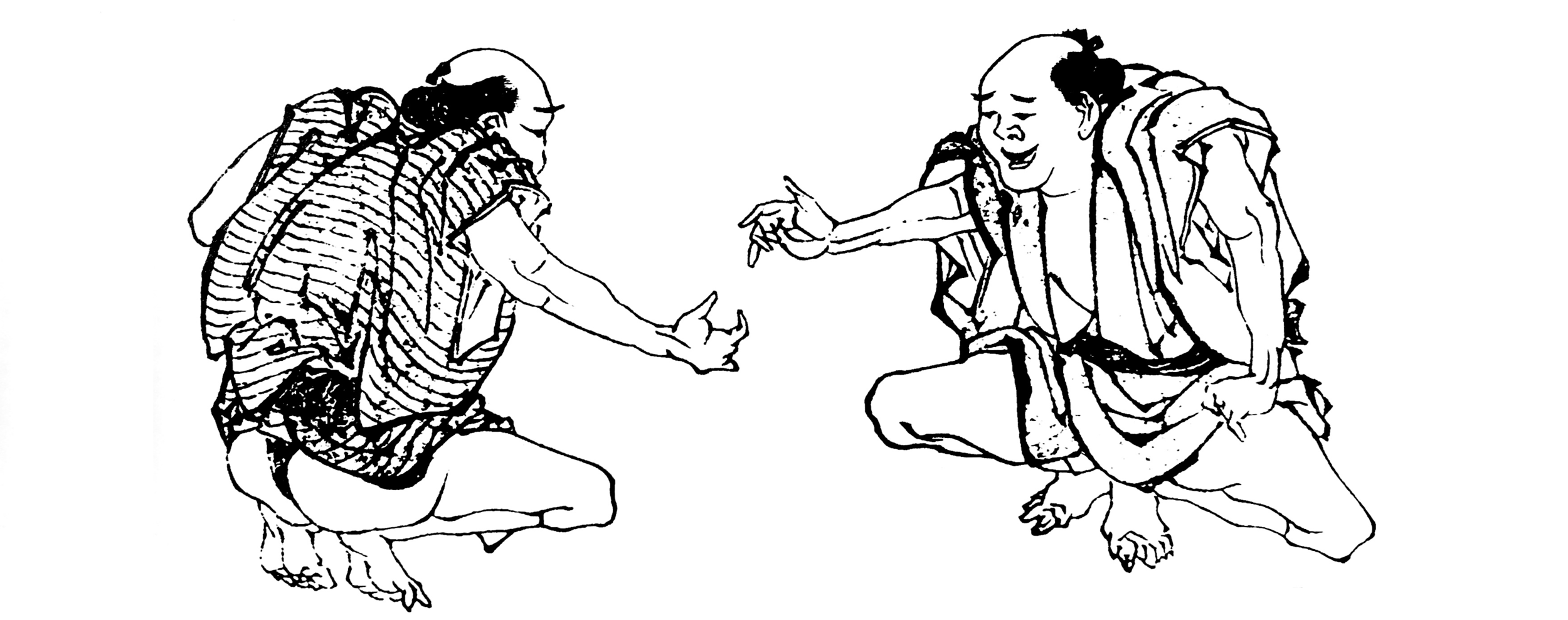
Getting Started
Interested in practicing with us?
New students are asked to observe a class, speak with the chief instructor, and participate in three classes (at no cost) before joining as a member of the dojo. After joining, students are encouraged to train at least twice a week for a couple of months to evaluate if Aikido practice is a good fit.
As a new student you will be instructed in some of the basic techniques, the circular movements of Aikido, and perhaps most importantly at the beginning, the anatomy of falling and rolling.
There are no contracts to sign, but if you don’t give yourself the chance to be immersed in a new experience how will you know if you want to continue?
Contact us, or, come watch a class—visitors are always welcome!
Already practicing but curious about taking classes at East Lake Aikido?
Frequently Asked Questions
Do I need to have previous experience to start training?
No, everyone is welcome regardless of experience, age, and physical fitness.
Can teenagers practice Aikido?
Yes, kids ages 13+ are encouraged to join adult classes.
Can I train with my child in the youth classes?
Yes, but as a student—while on the mat you are no longer a parent!
Are my children allowed at the dojo while I train in the adult classes?
We strongly support parents who want to train and have a children’s play space adjoining the mat including toys, and space to play or do homework. Children should be old enough to allow for unsupervised play—you are welcome to bring a caregiver or take turns with another parent if the children need supervision.
I’m interested in starting Aikido, what are next steps?
Get in touch, come observe a class, speak with the chief instructor and give it a try!
Do I need a uniform?
We do wear traditional Japanese keikogi (training uniforms), and new students are encouraged to begin wearing a gi by the end of their first month of training.
How often should I practice?
As often as possible, of course, but for adults at least two days/week, and for youth at least one day/week.
Is Aikido a religion—is the dojo a weird cult?
The deeper a student commits to their practice the more aspects their life are affected. However, it is neither a religion nor a cult.
Is it realistic, will it help me in a fight?
We do not peddle in martial fantasy. That said we do not minimize the very real dangers that exist in our world—nor can we afford to ignore the possibility of encountering violence in our lives. The practice of Aikido is intended to give students the self-awareness and self-confidence to keep conflict from escalating to violence, and the physical resilience to adapt to whatever situations they encounter. These skills are fundamental to the ability to protect one's self in life.